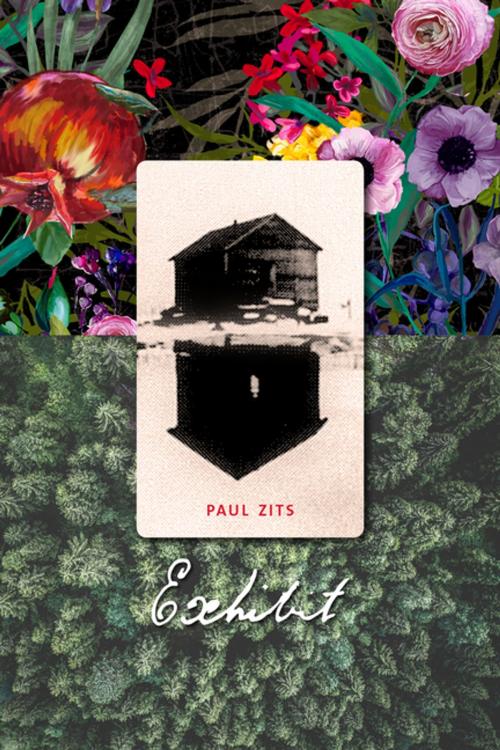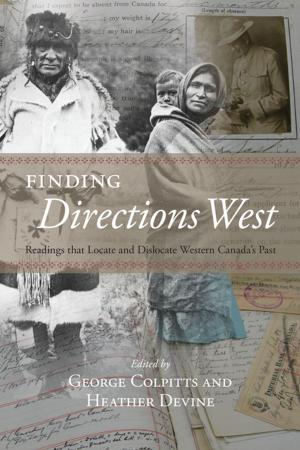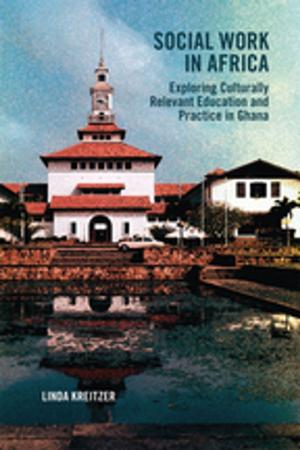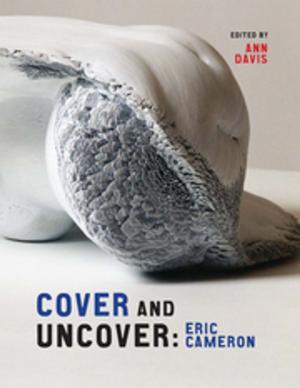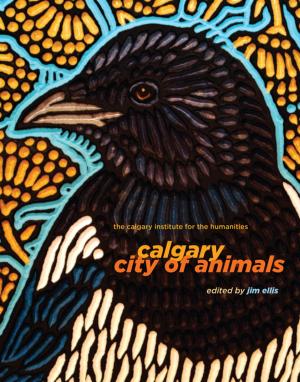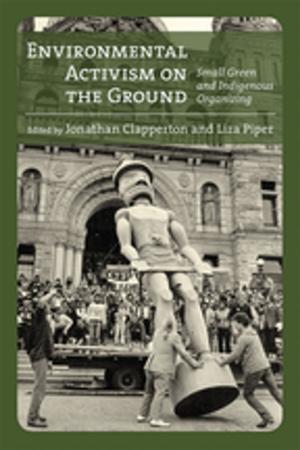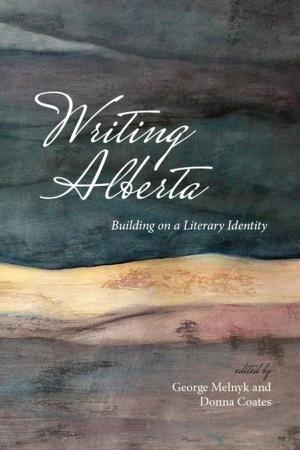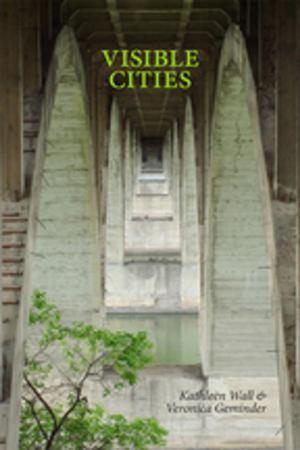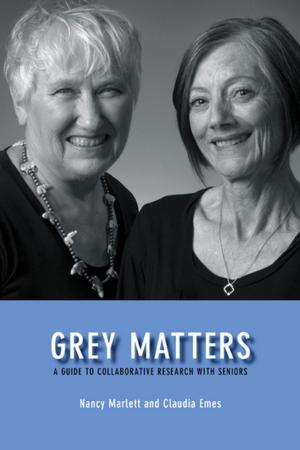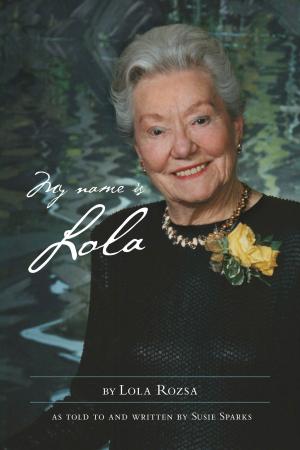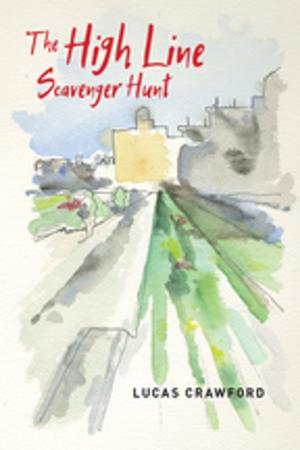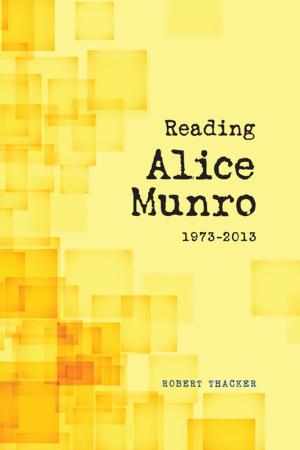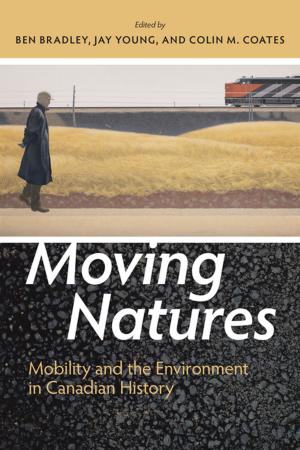| Author: | Paul Zits | ISBN: | 9781773850702 |
| Publisher: | University of Calgary Press | Publication: | January 31, 2019 |
| Imprint: | University of Calgary Press | Language: | English |
| Author: | Paul Zits |
| ISBN: | 9781773850702 |
| Publisher: | University of Calgary Press |
| Publication: | January 31, 2019 |
| Imprint: | University of Calgary Press |
| Language: | English |
Margaret is unlike other women: her hands bark, she speaks Hawaiian Punch, and she can often be seen prodding at stars with sticks. And sometimes she is the happiest woman in the world: a pillow with a pillowcase. Her brother, Alex, feels pleasant enough, except that his parts are made of wood, and that a bunch of his hair is electrified. And then there are the gun-shot wounds to his head and chest. On this final ailment, Margaret may have had a hand. In the winter of 1926, Margaret McPhail went on trial for the murder of Alex, and throughout, maintained her innocence. Exhibit, more than a poetic retelling of her trial, chronicles the path to a verdict, misstep by misstep. Brother and sister become somewhat knotted aberrations, grotesqueries that are at times monstrous and at others quite stunning, at times sickly and at others impressive in their strength. Folded into these poems, helping to give them their current, at times strange and potent vision, are cuts from a broad variety of sources, including, to name only a few, interviews with Catherine Robbe-Grillet and Eileen Myles, English and Russian fairy tales, and articles on the history of feminist film.
Margaret is unlike other women: her hands bark, she speaks Hawaiian Punch, and she can often be seen prodding at stars with sticks. And sometimes she is the happiest woman in the world: a pillow with a pillowcase. Her brother, Alex, feels pleasant enough, except that his parts are made of wood, and that a bunch of his hair is electrified. And then there are the gun-shot wounds to his head and chest. On this final ailment, Margaret may have had a hand. In the winter of 1926, Margaret McPhail went on trial for the murder of Alex, and throughout, maintained her innocence. Exhibit, more than a poetic retelling of her trial, chronicles the path to a verdict, misstep by misstep. Brother and sister become somewhat knotted aberrations, grotesqueries that are at times monstrous and at others quite stunning, at times sickly and at others impressive in their strength. Folded into these poems, helping to give them their current, at times strange and potent vision, are cuts from a broad variety of sources, including, to name only a few, interviews with Catherine Robbe-Grillet and Eileen Myles, English and Russian fairy tales, and articles on the history of feminist film.
